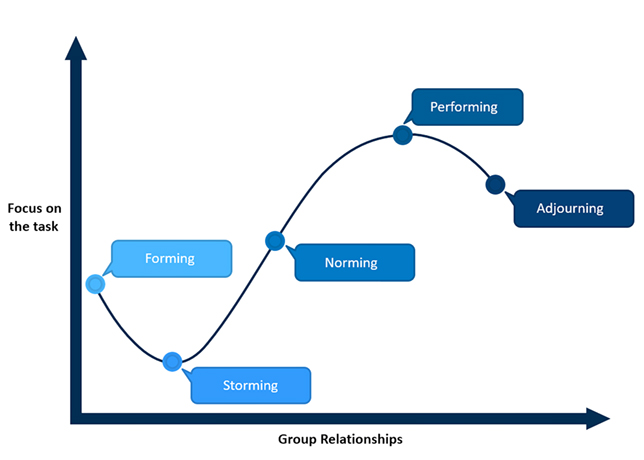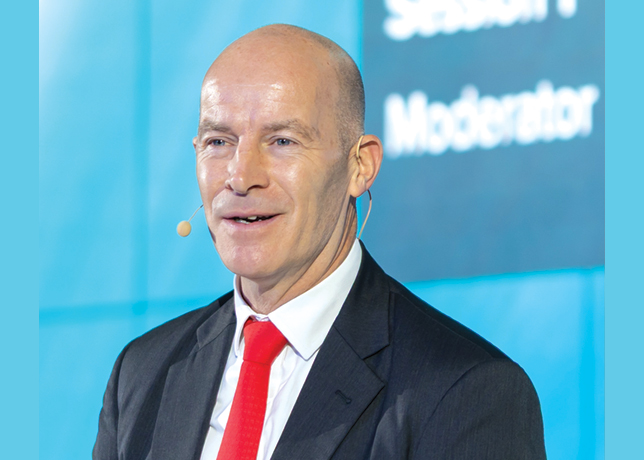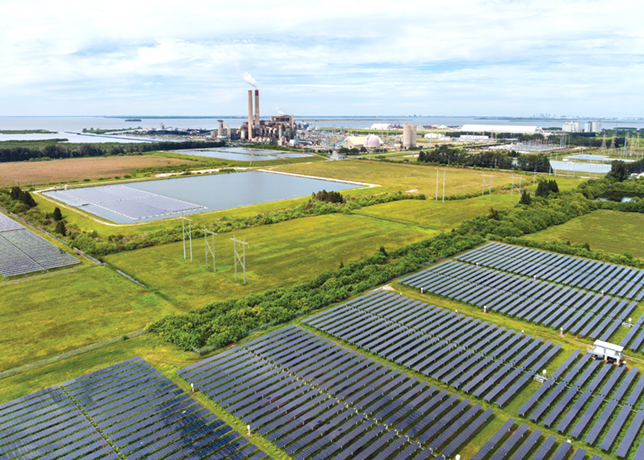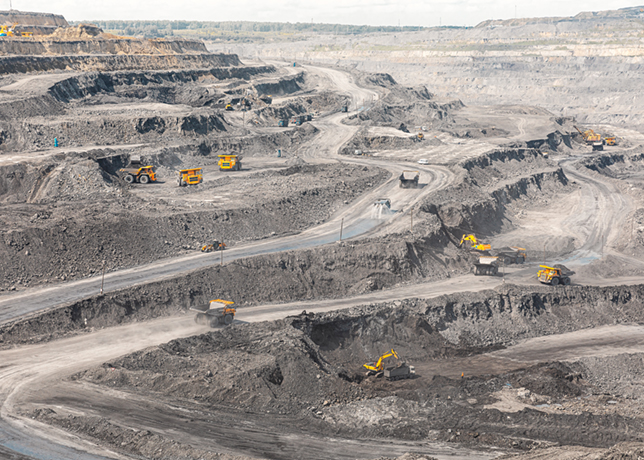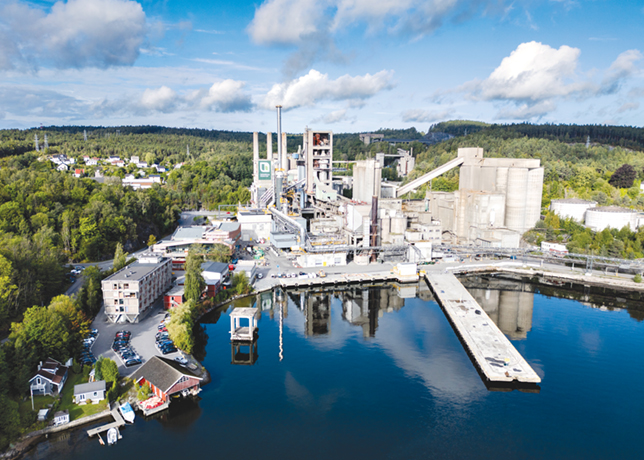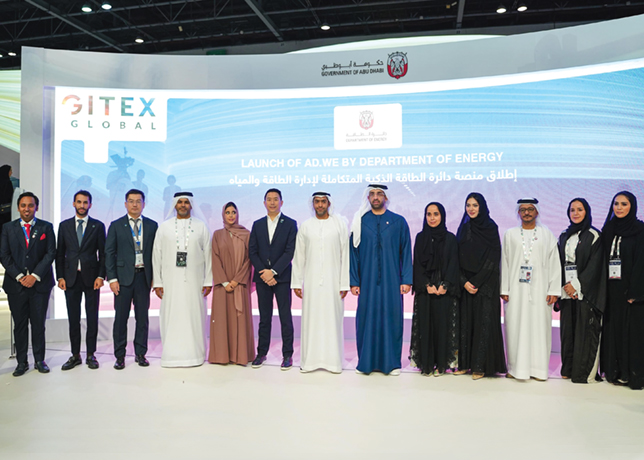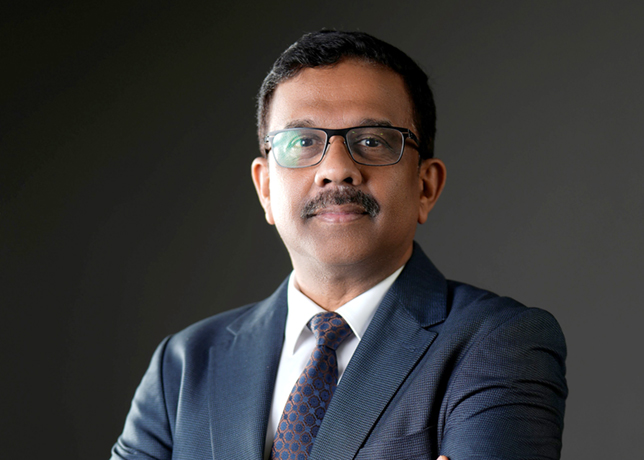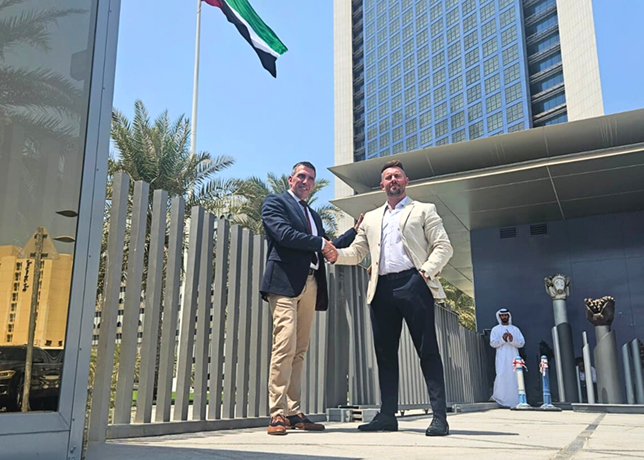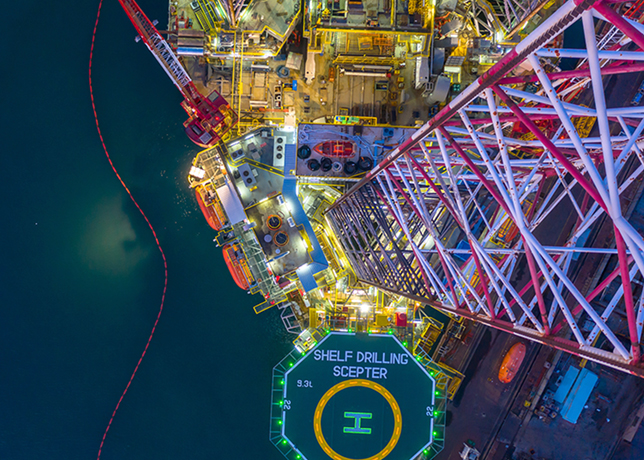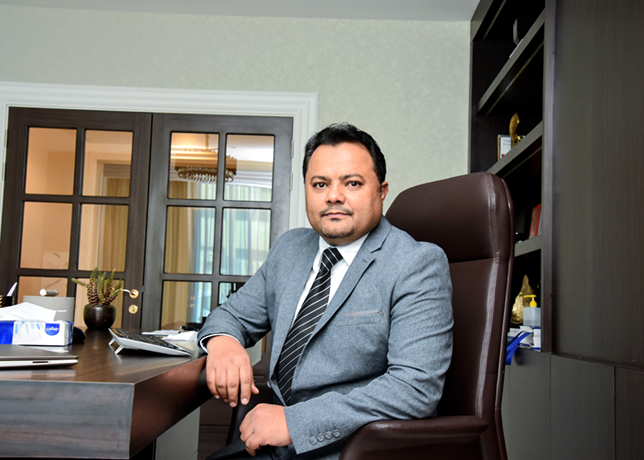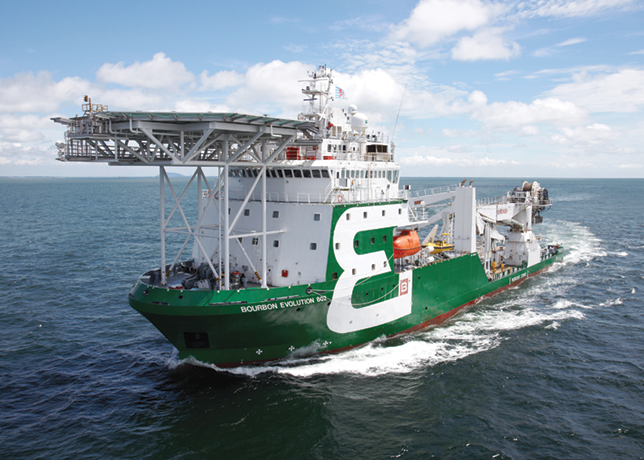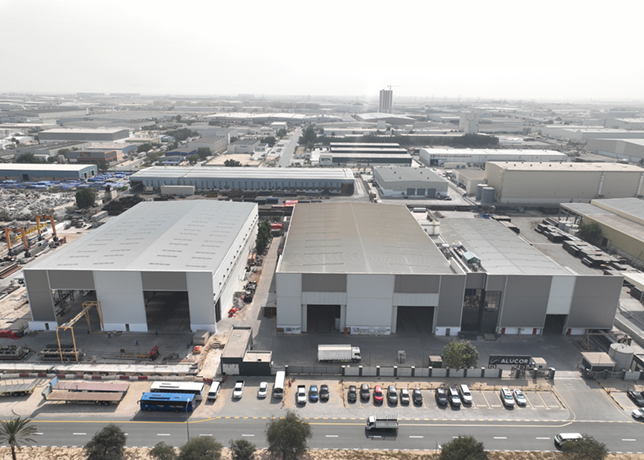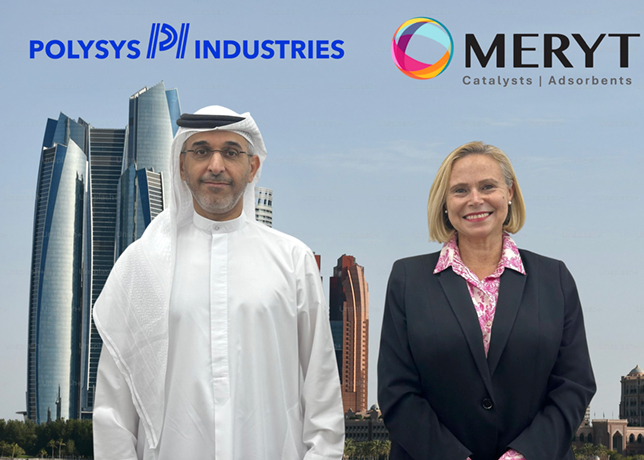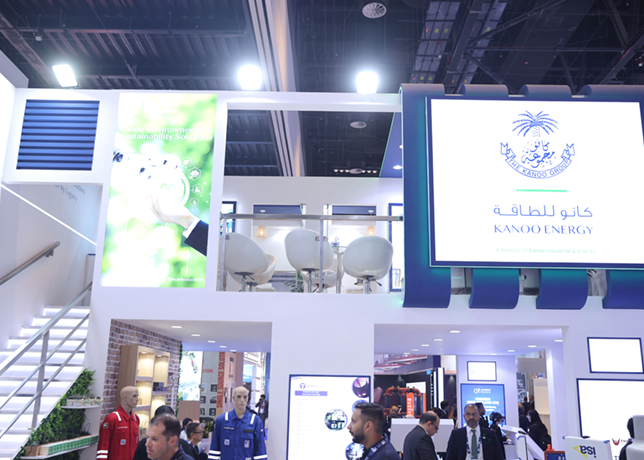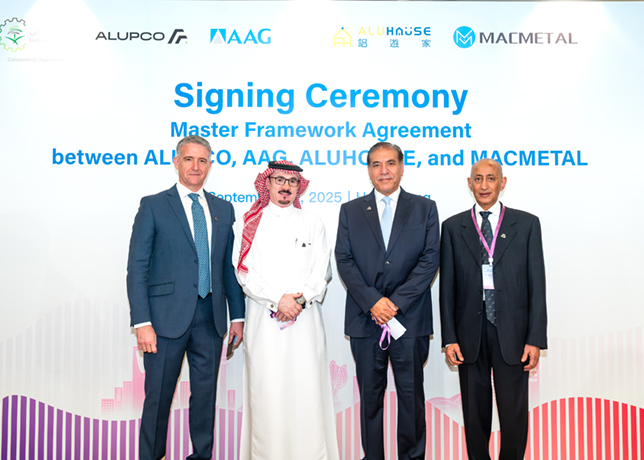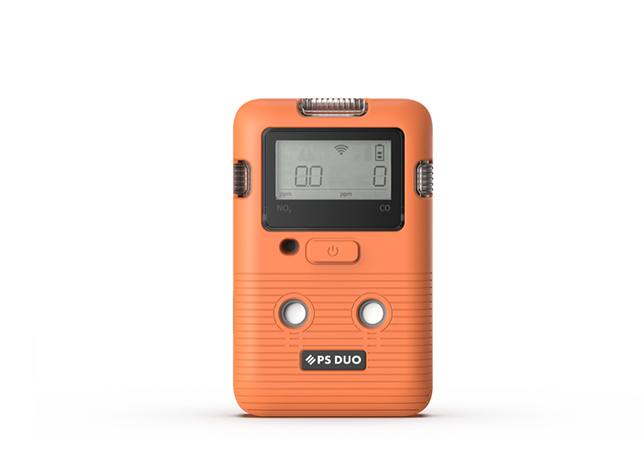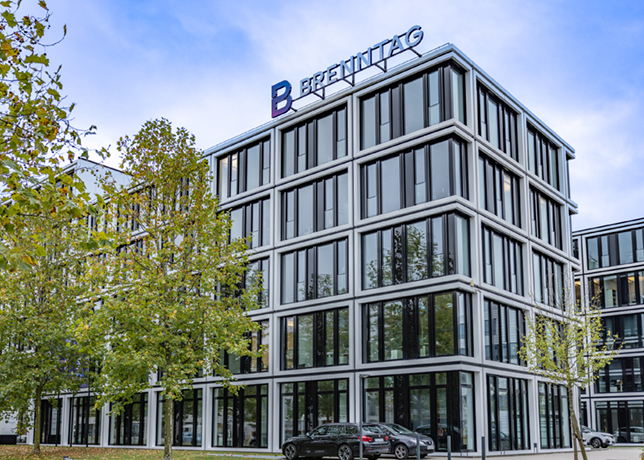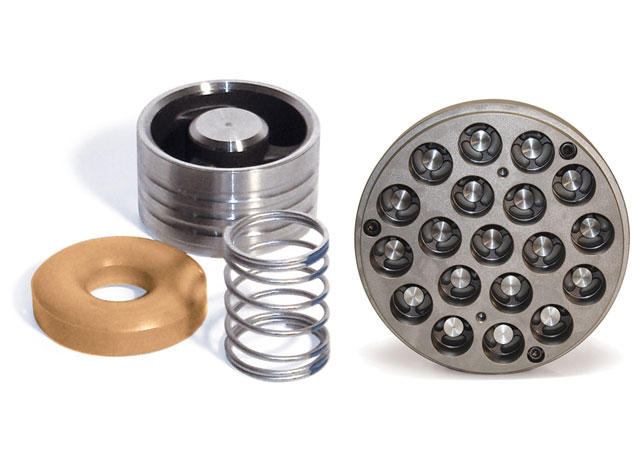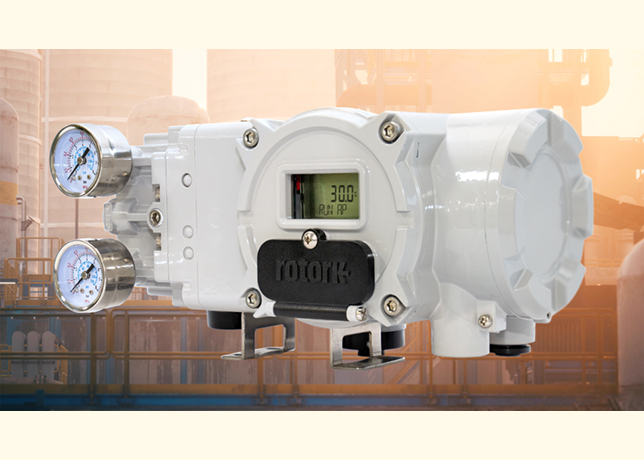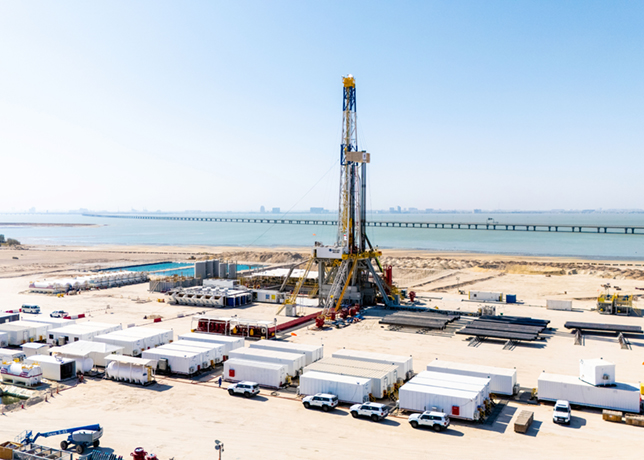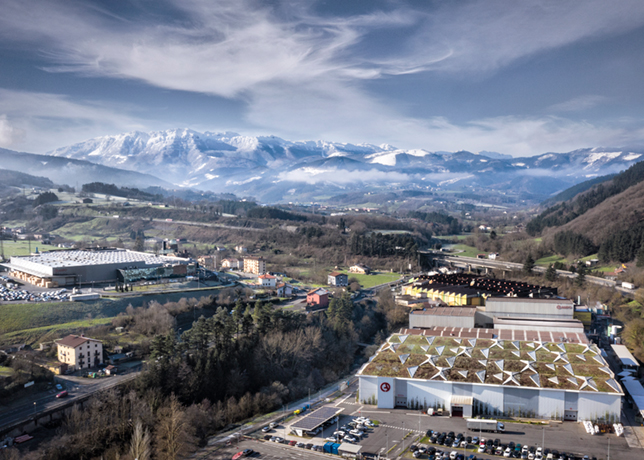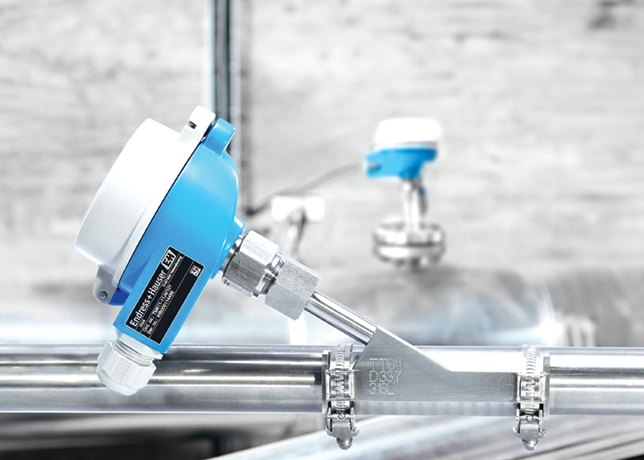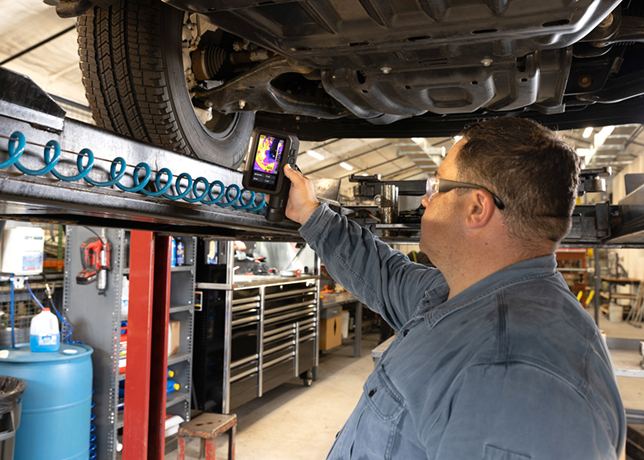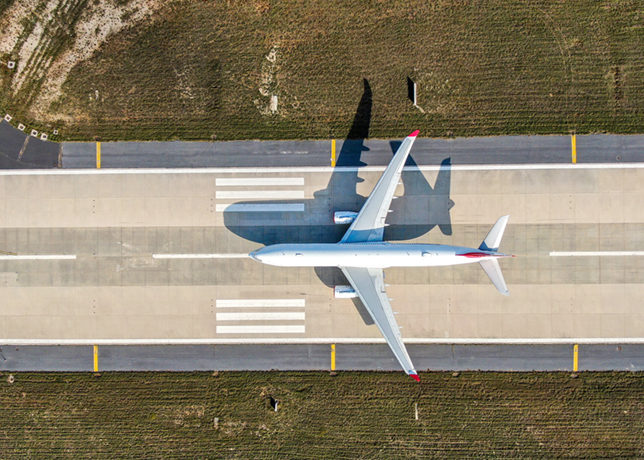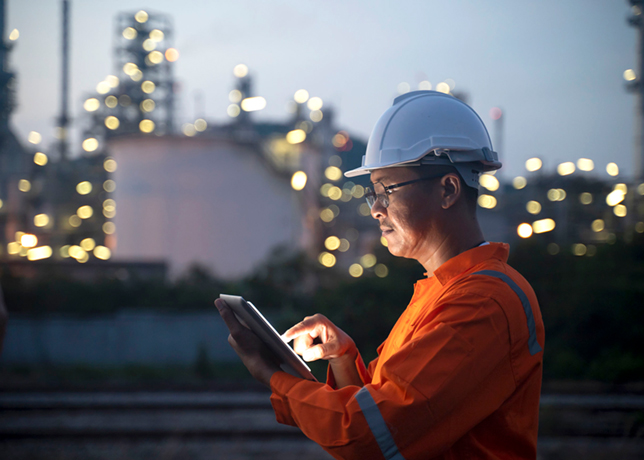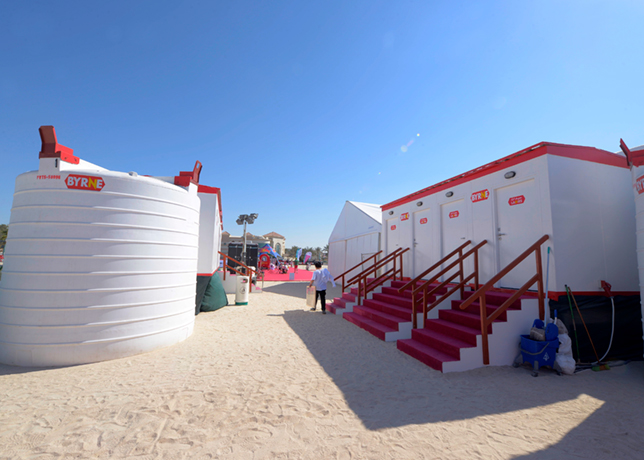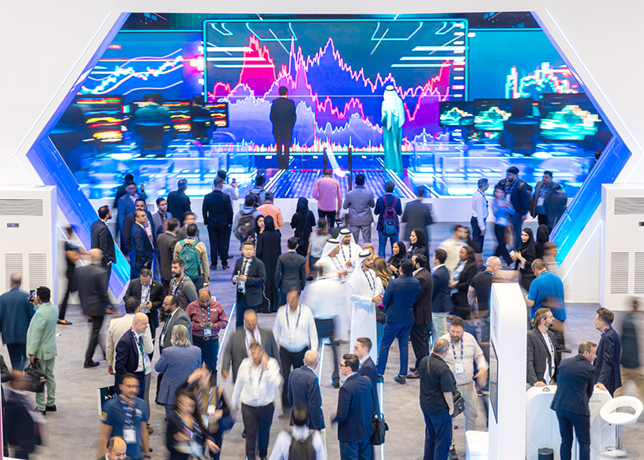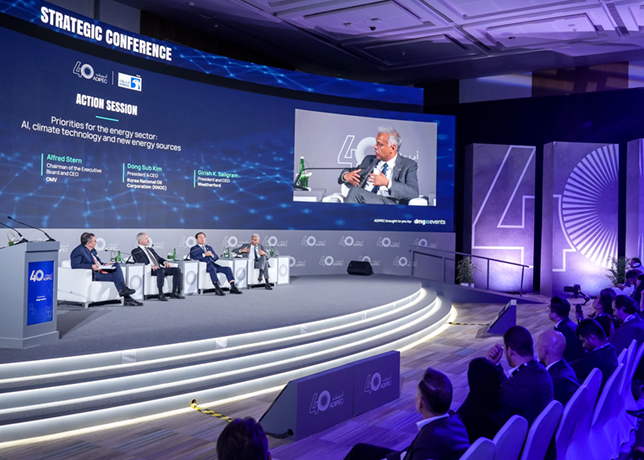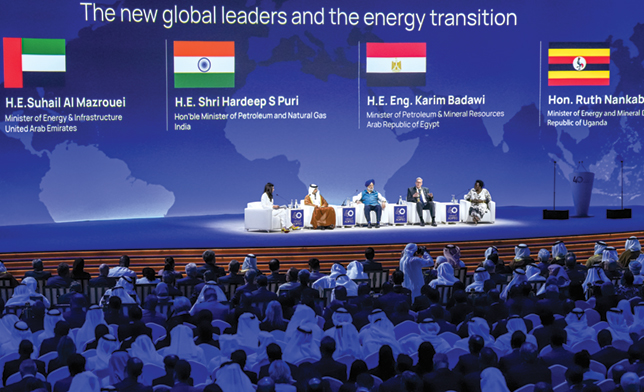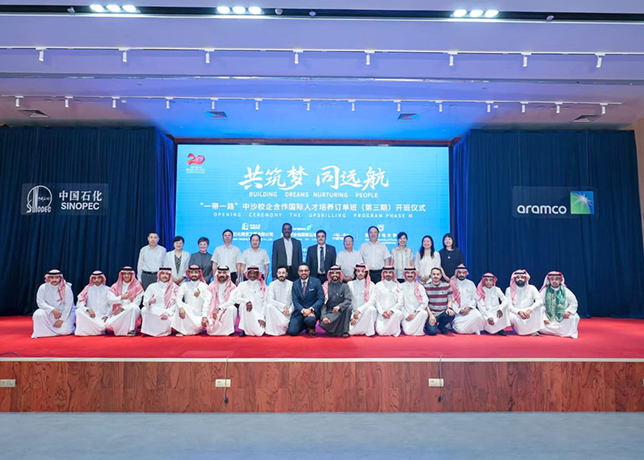
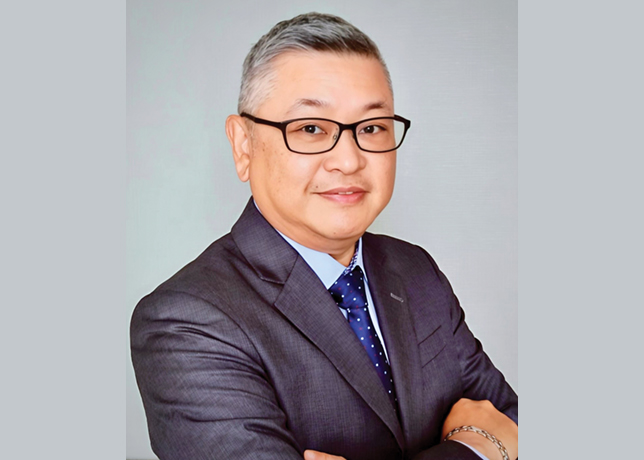 Dr Darius Ngo
Dr Darius Ngo
The company’s AI-driven solutions showcase autonomous operations, digital twins, and decarbonisation strategies, reinforcing its 110-year legacy in advancing intelligent energy systems, Dr Darius Ngo tells OGN
Yokogawa’s participation at ADIPEC 2025 underscores its pivotal role in advancing the energy industry through cutting-edge AI and autonomous technologies.
Marking its 110th anniversary this year, Yokogawa showcases solutions aligning with the event’s theme, ‘Energy. Intelligence. Impact.’, driving operational excellence and sustainability.
'Yokogawa’s exhibit highlights its shift from industrial automation to autonomy (IA2IA), featuring the latest CENTUM release and Multi-Agent Generative Systems (MAGS). These innovations enable adaptive decision-making, enhancing efficiency and reliability in oil and gas operations while addressing real-world energy challenges,' Dr Darius Ngo, Senior Vice-President, Fellow – Global Business Consulting, Yokogawa, tells OGN energy magazine in an interview.
By fostering intelligent, sustainable energy systems, Yokogawa reinforces its 35-year legacy in the Middle East as a trusted partner for the future.
Below are excerpts from the interview:
What motivated Yokogawa to exhibit at ADIPEC 2025, and how does this year’s theme ‘Energy. Intelligence. Impact’ resonate with your business strategy?
Yokogawa has been participating in ADIPEC for many years. We exhibit to engage with our customers, technology partners and affiliates, sharing the latest technologies and solutions for the energy industry sector.
ADIPEC has been one of the key focus events for Yokogawa, not just regionally but also globally.
We have seen ADIPEC’s influence grow year after year by bringing together some of the most influential decision-makers, innovators and energy experts under a common platform.
Participation in ADIPEC is thus paramount for Yokogawa, as it enables us to understand our customers’ needs better and forge stronger relationships with our partners.
Since 2020, Yokogawa has focused its efforts on providing customers with technology solutions and expertise to transition from Industrial Automation to Industrial Autonomy (IA2IA).
The past year has been quite exciting for us, with many of our customers embarking on this autonomous journey with us by deploying our autonomous AI control algorithms.
This year’s ADIPEC 2025 theme, ‘Energy. Intelligence. Impact’, embodies a quintessential realisation of our long-standing commitment to the energy sector, to delivery sustainable impact through a combination of natural and artificial intelligence (AI).
Compared to previous years, what feels different about your participation this time?
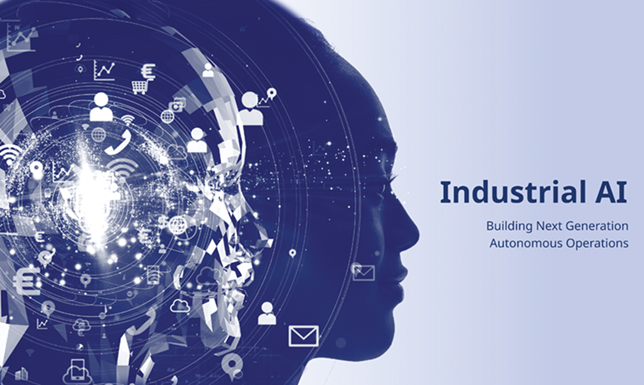 |
Yokogawa has focused its efforts on providing customers with technology solutions and expertise to transition from |
This year, the expanded AI Zone and the theme, ‘Energy. Intelligence. Impact.’, directly validates and amplifies Yokogawa’s core offerings.
Our presence is more seamlessly integrated into the event’s most critical and forward-looking areas, allowing us to engage in more focused and strategic conversations with decision-makers, seeking intelligent and resilient solutions.
The exhibition’s spotlight on the AI-energy nexus perfectly mirrors the shift in Yokogawa’s own business strategy, making our participation more targeted, relevant, and impactful.
What new products, technologies, or announcements are Yokogawa showcasing at ADIPEC 2025, particularly in smart technologies like AI, robotics, and digital twins, and how do these address real-world energy challenges?
This year marks the 50th anniversary of the announcement of Yokogawa’s CENTUM, the world’s first distributed control system (DCS).
At ADIPEC, we will showcase the 10th generation CENTUM Release 7, which focuses on moving toward more autonomous operations, increased integration, enhanced operator support through AI-driven plant operations, and improved security.
Additionally, as part of its growing AI-powered autonomous control room initiatives, Yokogawa is showcasing how Multi-Agent Generative Systems (MAGS) work as coordinated, collaborative AI agents for industrial operations.
Generative AI and intelligent agents have recently emerged as transformative forces in the field of AI.
These technologies are not only changing how we interact with machines but also revolutionising complex processes across multiple industries.
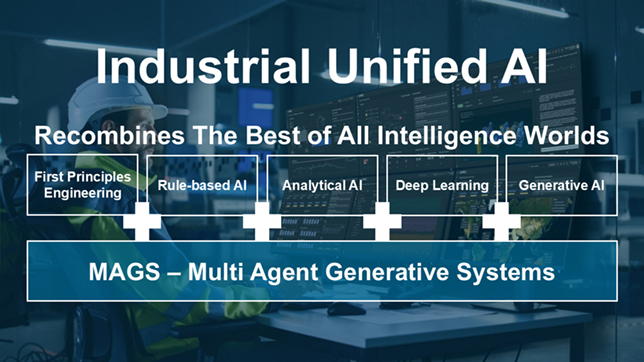 |
MAGS is part of Yokogawa’s growing AI-powered autonomous control room initiatives |
MAGS push AI beyond simple automation into true adaptive decision-making and complex problem-solving for dynamic business environments.
The combination of cognitive intelligence ensures safer, scalable cognitive decision-making that drives autonomy in operation environments.
This powerful new class of AI combines the creative power of generative AI (like LLMs) with intelligent agents to enable autonomous and real-time collaboration.
Yokogawa will demonstrate these AI analytics on smart sensors and robots, enabling fully autonomous field operations.
Furthermore, smart technologies, such as AI, robotics, digital twins, AR/VR, and IIoT are key enablers and integral to our vision of ‘Industrial Automation to Industrial Autonomy’ (IA2IA). We are presenting the above technologies in our booth this time.
How does Yokogawa’s showcase at ADIPEC 2025 highlight improvements in operational excellence, efficiency, reliability, and cost control, particularly for the oil and gas sector?
Operational excellence and efficiency are key to our value proposition. Kaizen (continuous improvement in Japanese) is also an integral part of our DNA.
Our showcase this year highlights the value we have delivered to our customers by bringing them closer to their goal of autonomous and intelligent operations, from the control room to the field.
We will share actual proven cases and returns of benefits as part of the IA2IA initiatives.
We offer not just technology to the energy industry, but also our consulting expertise from our subsidiary, KBC, which covers reliability and process optimisation.
Energy transition is an integral part of our solutions and consulting offerings. We understand our customers’ needs and the challenges they face in transitioning to their net-zero goals.
How is Yokogawa addressing decarbonisation and energy transition at ADIPEC 2025, including technologies for emissions reduction?
Along with our subsidiary, KBC, Yokogawa is well equipped to deliver energy transition to our customers.
We can deliver a decarbonisation roadmap that empowers our customers to achieve emission reduction and energy optimisation targets whilst taking into consideration today’s operational needs.
We will be presenting our real-time process and utility optimisation solutions, which cater to energy and emission optimisation.
We will also showcase the use of smart sensors embedded in robots to provide mobile sensing and detect abnormalities.
Furthermore, we are showcasing our digitalisation solutions (that is, Digital Twin) utilising our state-of-the-art technologies, which enable the complete modelling of energy systems, today and into the future.
GHG emissions management and real-time energy optimisation solutions are among the key value propositions that we are showcasing.
How does your participation reflect your long-standing role in the region’s energy industry?
This year Yokogawa celebrates its 110th anniversary, and Yokogawa Middle East marks 35 years of operations in the region. The year 2025 also marks the 50th year anniversary of the announcement of CENTUM.
We owe our success in the region to the trust and support of our customers and business partners.
Our participation in ADIPEC is a commitment to delivering both safety and reliability, while providing value in new ways that will drive transformation, and support the industry’s future in every step of the way.
Yokogawa’s participation reflects its long-standing role in the region’s energy industry by demonstrating how it evolves alongside its customers’ needs, and is transitioning its core expertise to meet new global and regional strategic imperatives, particularly the dual focus on energy security and sustainability.
Yokogawa is advancing its contributions to the energy sector by:
• Evolving from core automation to intelligent autonomy: This year’s focus on AI-based solutions and autonomous operations (its IA2IA initiative) is not a departure from that role, but rather a necessary evolution of its foundational expertise.
It demonstrates that Yokogawa is transitioning from providing robust control to offering intelligent, self-optimising systems that directly address the modern challenges of the energy industry.
• Presenting its most advanced AI investments: Hereby Yokogawa effectively positions itself as a long-term strategic technology partner, one that remains dedicated to the region’s success not just for today’s operations, but for the autonomous and sustainable energy systems of the future.
How does Yokogawa’s showcase at ADIPEC reflect the future of energy, both in legacy sectors and in transition pathways?
Yokogawa’s showcase at ADIPEC reflects the future of energy by illustrating a dual strategy: Maximising the efficiency and sustainability of existing energy infrastructure, while actively enabling the pathways for the new, diversified energy transition—all driven by advanced AI.
To further explain this:
• Yokogawa’s presentation shifts the focus from basic digital control to industrial autonomy (IA2IA), powered by cutting-edge AI like MAGS.
• With regard to energy transition, Yokogawa positions itself as the central control intelligence for the new, complex energy ecosystem.
In essence, the showcase demonstrates that the energy future, whether maximising today’s assets or building tomorrow’s, is dependent on integrated, intelligent, and autonomous control systems.
BY Abdulaziz Khattak







































































